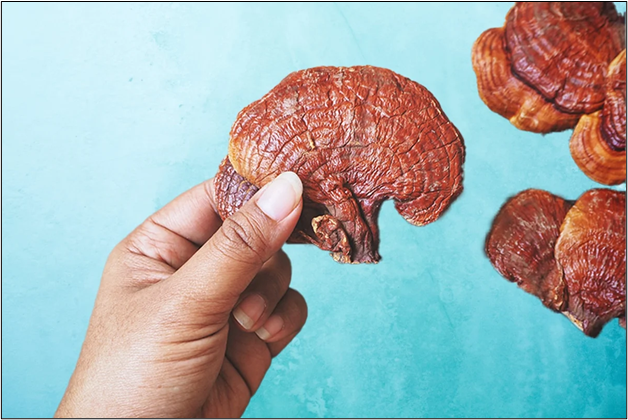
Sleep is a fundamental aspect of our well-being, essential for physical and mental rejuvenation. However, with the stress and demands of modern life, many individuals struggle to achieve a restful night’s sleep. This has led to an increased interest in natural remedies, such as medicinal mushrooms, that offer potential benefits for sleep. Medicinal mushrooms, known for their diverse therapeutic properties, have gained recognition for their potential in promoting restful sleep and addressing common sleep-related issues. In this post, you will delve into the fascinating world of medicinal mushrooms and explore their role in improving sleep quality.
Basics of Medicinal Mushrooms:
Medicinal mushrooms, also known as functional or therapeutic mushrooms, are a group of fungi that have been used for centuries in traditional medicine systems across various cultures. These mushrooms possess bioactive compounds that contribute to their health-promoting properties. Throughout history, civilizations in different parts of the world, including ancient Chinese, Ayurvedic, and Native American cultures, recognized the therapeutic value of mushrooms for treating a wide range of ailments. With the rise of scientific research and a growing interest in natural remedies, medicinal mushrooms have gained significant attention in recent years.
Common Medicinal Mushrooms For Sleep:
➤ Reishi Mushroom:
Reishi is a highly esteemed mushroom with a rich history in traditional Chinese medicine, earning it the nickname “Mushroom of Immortality.” Its glossy appearance, characterized by a reddish-brown or dark-colored cap and a woody texture, sets it apart. Reishi is renowned for its sleep-enhancing properties, thanks to its abundance of triterpenes, polysaccharides, and other bioactive compounds. Traditionally, Reishi has been used to promote relaxation, alleviate anxiety, and improve sleep quality. Reishi mushroom sleep supplements help by calming the mind and reducing stress, & making an ideal environment for restful sleep.
➤ Lion’s Mane Mushroom:
Lion’s Mane is a distinctive mushroom characterized by its long, shaggy white spines that resemble a lion’s mane. Beyond its unique appearance, Lion’s Mane is valued for its delicate taste and culinary versatility. It contains bioactive compounds such as Hericenones and Erinacines, which are believed to have neuroprotective and nerve-regenerating properties. While Lion’s Mane is not directly associated with sleep, its traditional use revolves around supporting cognitive function and mental well-being. By promoting cognitive health and reducing stress or anxiety, Lion’s Mane indirectly contributes to better sleep quality. Improved mental clarity and reduced mental fatigue can create a conducive environment for restful sleep, making Lion’s Mane an intriguing inclusion in natural approaches to support sleep and overall well-being.
➤ Cordyceps:
Cordyceps is a captivating mushroom that has a unique growth habit on the larvae of insects. With its elongated shape, Cordyceps has been a prominent ingredient in traditional Chinese medicine for centuries. It contains beneficial compounds like cordycepin and adenosine, among others, which are believed to contribute to its sleep-promoting effects. Cordyceps has traditionally been used to enhance energy levels, reduce fatigue, and support overall vitality. By improving energy and combating fatigue, Cordyceps indirectly contributes to better sleep quality. Its ability to support overall well-being and restore balance in the body may offer valuable benefits for those seeking restful and rejuvenating sleep.
➤ Turkey Tail:
Turkey Tail is a prevalent mushroom known for its vibrant colors that resemble the feathers of a turkey’s tail. It has a tough texture and is commonly used in teas or extracts. Turkey Tail contains Polysaccharopeptide and other immune-modulating compounds that have been studied for their potential health benefits. While not directly associated with sleep, Turkey Tail is traditionally used to support immune function and overall vitality. By promoting a healthy immune system and overall well-being, Turkey Tail indirectly contributes to better sleep quality. When the body is in a state of balance and optimal health, it is more likely to experience restful sleep. Therefore, incorporating Turkey Tail into one’s wellness routine may have positive implications for achieving a good night’s rest.
